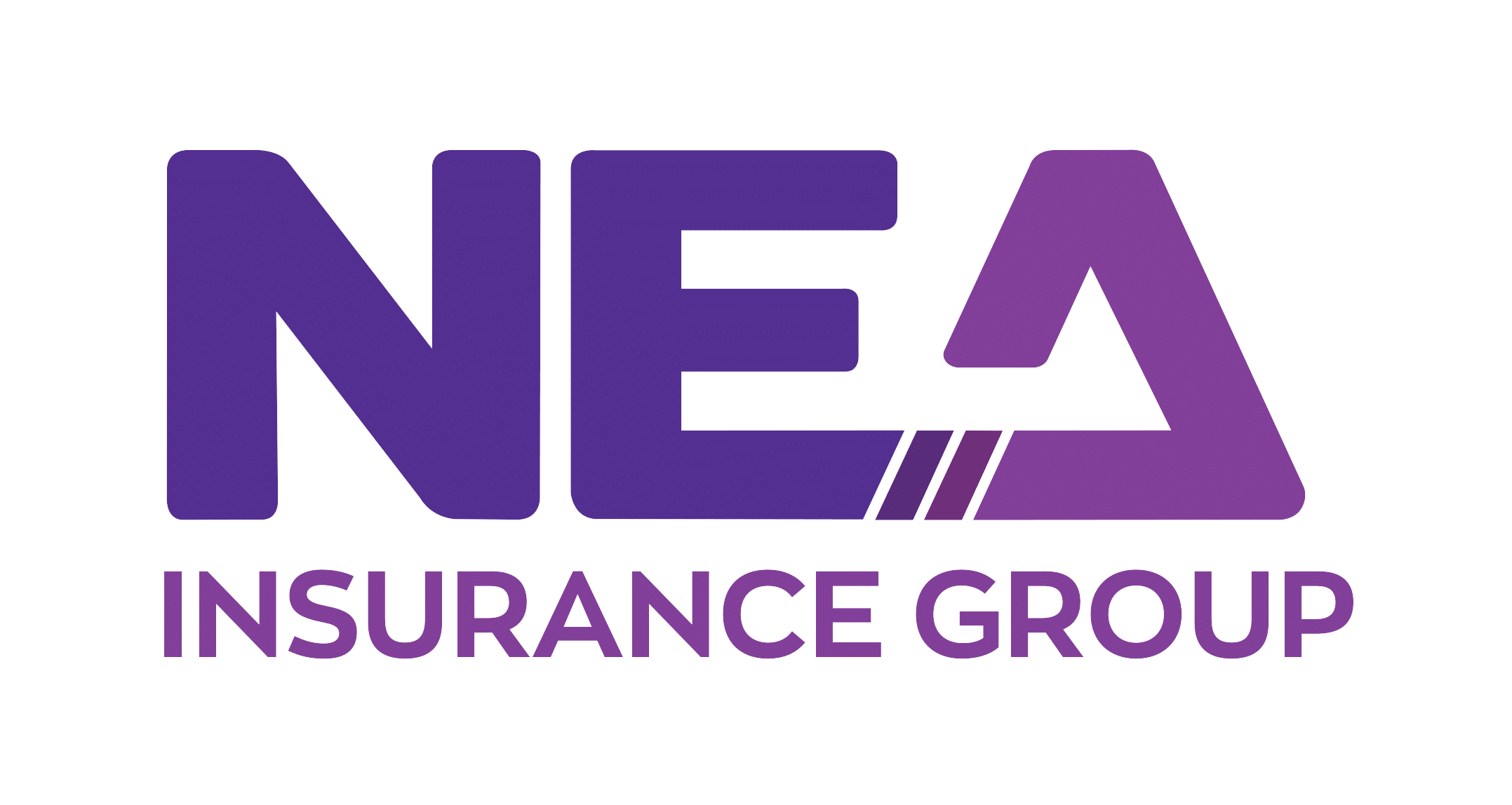A general liability policy will contain basic cyber liability coverage. Most business that store personally identifiable information for employees or customers shave have stand-alone or enhanced cyber liability protection. In today’s age, it is not just large corporations that are susceptible to viruses or being hacked, but 55% of small businesses have experienced a data breach and 53% have had multiple breaches. This all puts not only your hardware at risk, but also your business’s reputation while putting your customers and employees information at risk.
First-Party Coverage
This coverage pays for immediate expenses that a company incurs after a cyber breach. This includes:
- Cost of notifying employees and the public
- Repairing any damaged software or hardware
- Protecting the company’s reputation with a marketing and public relations response
- Business interruption costs and missed income while business operations are suspended
- Extortion money (used to appease a hacker who threatens your data or systems unless you pay them a ransom)
- Other ancillary costs, such as paying for credit monitoring for customers
Third-Party Coverage
This coverage helps the company defend against lawsuits and legal claims. This includes:
- Privacy lawsuits claiming that you breached the privacy of customers or employees
- Fines from regulatory bodies
- Media liability claims, such as copyright infringement, libel, or slander.
- Breach of contract or negligence claims
On top of first- and third-party coverage, some insurance companies also provide risk mitigation services to help you identify and avoid cyber threats before they happen. After a breach has occurred, some insurers will set up a hotline that customers and members of the public can call to get more information.


